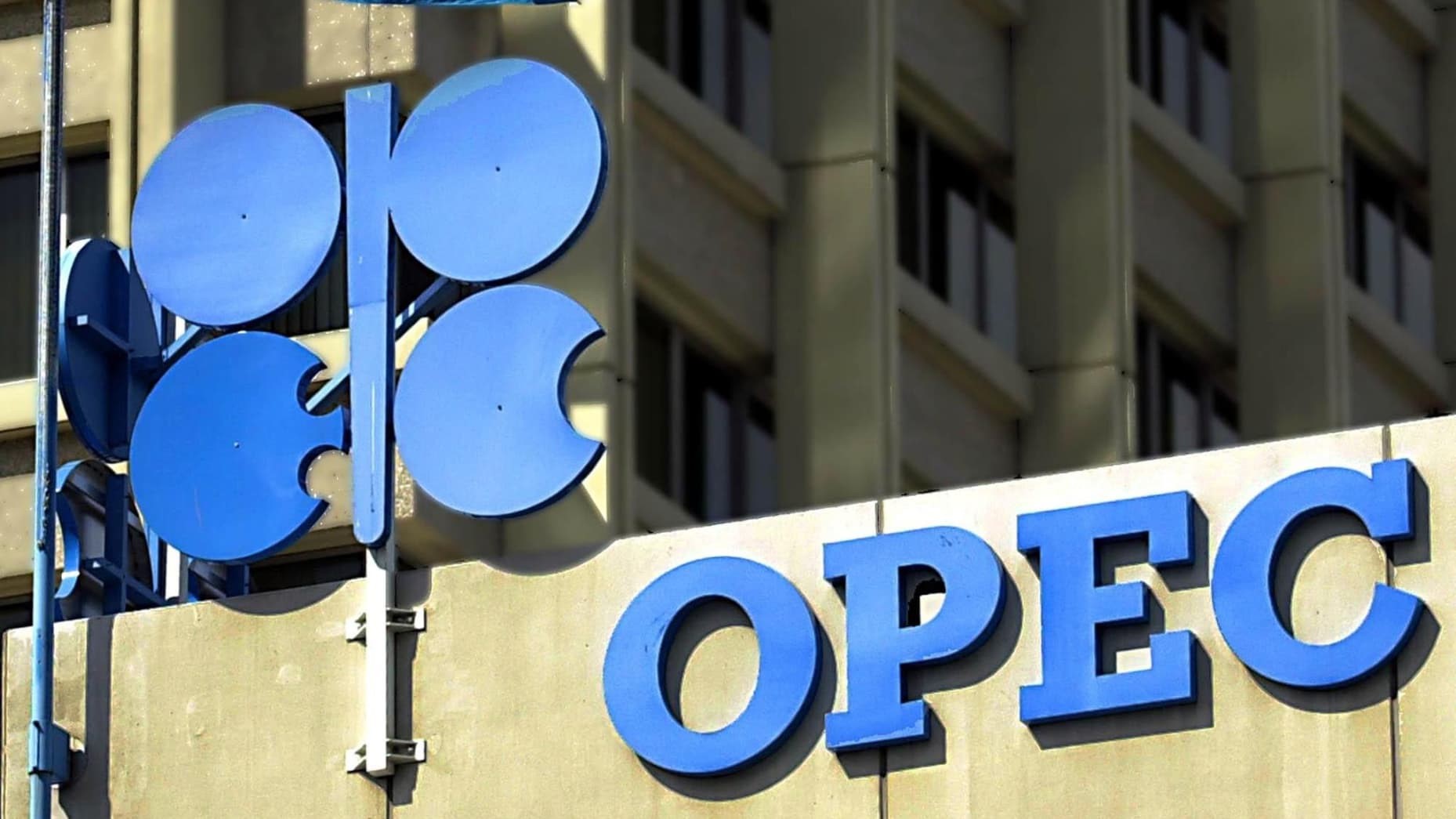
OPEC+ Production Agreement: An Update on January Output
OPEC+ has reached an agreement in principle to delay its planned oil production increase in January by three months. This decision comes amidst ongoing discussions about the duration of the postponement. Ministers from the alliance are set to meet later today to finalize the details.
According to sources, the group—led by Saudi Arabia and Russia—plans to defer a 180,000 barrels per day hike that was scheduled for January. The decision highlights OPEC+’s cautious stance as oil prices remain under pressure, trading near $73 per barrel. Concerns over weak demand in China and oversupply from American producers have weighed heavily on the market.
Key Outcomes of the OPEC+ Meeting
One notable exception to this agreement is the UAE. The country has already secured the right to increase its output by 300,000 barrels per day in monthly increments starting January 2024. This decision acknowledges the UAE’s significant investments in production capacity but has drawn criticism from other member countries, leading to tensions within the group.
Recent challenges for OPEC+ include criticisms of its strategy, which some argue benefits U.S. shale producers. Rosneft CEO Igor Sechin echoed these concerns at the Verona Eurasian Economic Forum, citing a reduced global market share for the alliance as a key issue.
Implications for the Global Oil Market
The decision to postpone production hikes could stabilize oil prices in the short term, offering relief to OPEC+ members who rely on higher prices to fund government spending. However, a potential supply glut in 2025 looms, complicating the group’s long-term plans.
As Brent crude prices remain below expected levels, the global market will closely monitor how OPEC+ strategies evolve in the face of increasing challenges. Learn More About OPEC+




